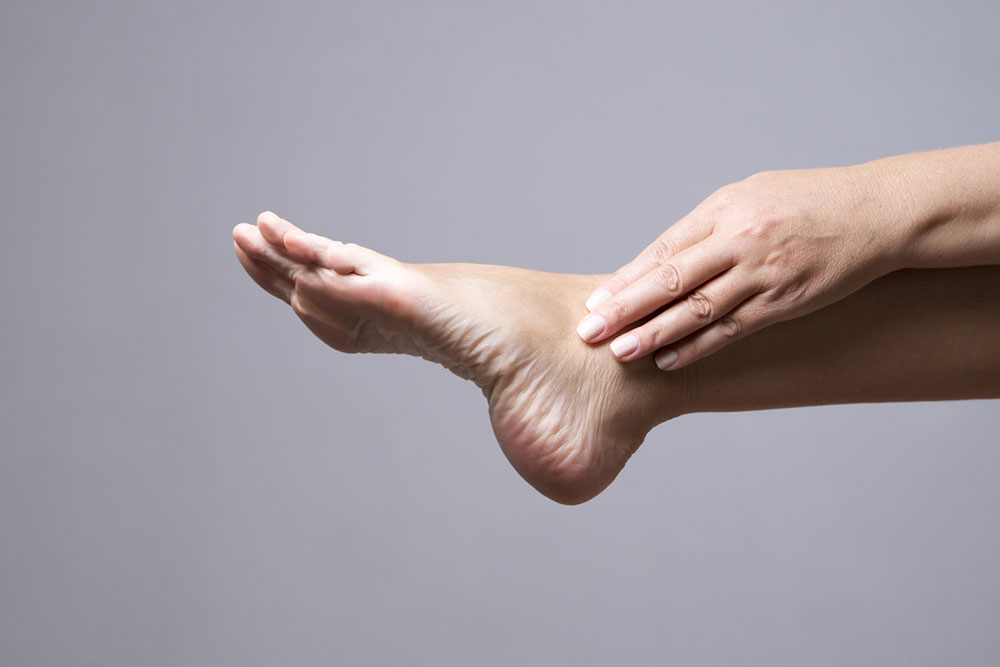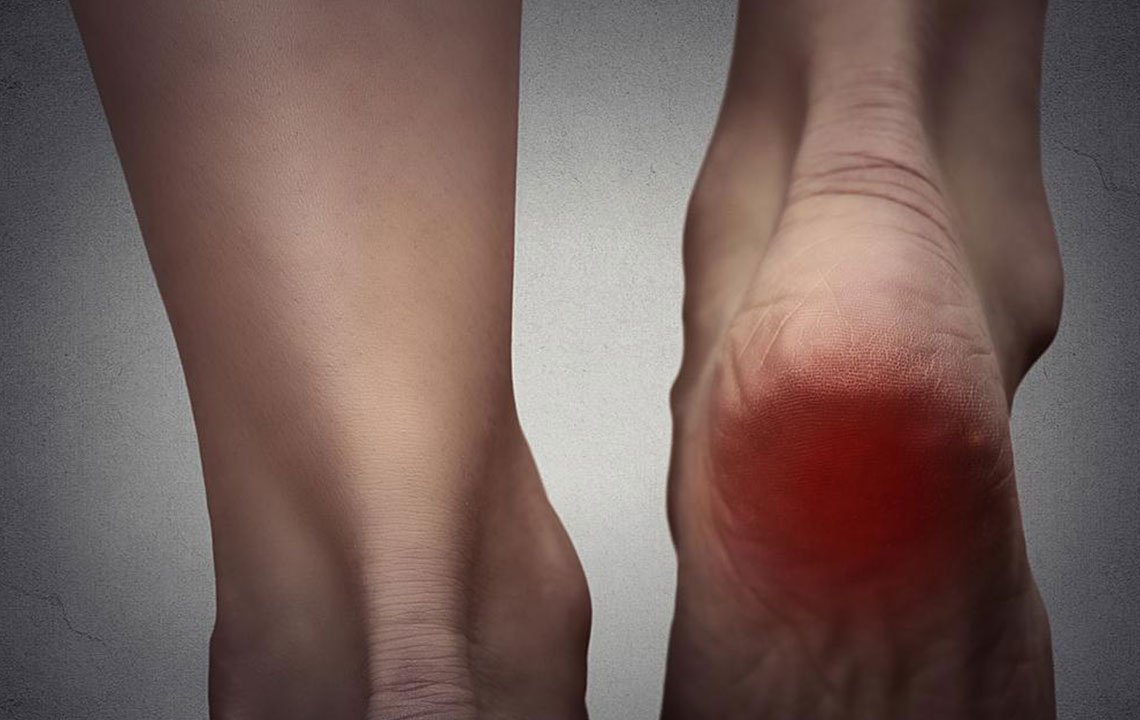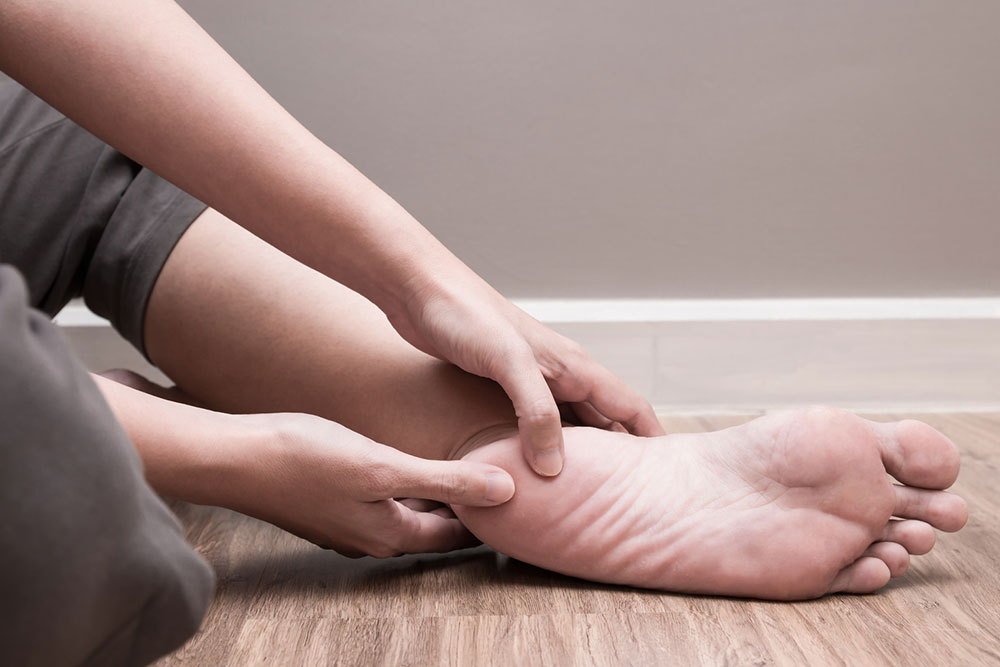Understanding and Managing Persistent Burning Foot Discomfort
Burning foot pain is common and often related to nerve damage caused by conditions like diabetes or injury. Causes range from neuropathy and infections to vascular issues, requiring accurate diagnosis and targeted treatment. Managing underlying conditions, lifestyle changes, and home remedies can alleviate symptoms. Seeking prompt medical advice is essential for effective care and relief from persistent discomfort.
Sponsored

Burning sensation in the feet is a widespread issue affecting many individuals today, often prompting medical consultations. Typically, this discomfort arises from nerve damage in the foot or leg, caused by injury or conditions like diabetes. The symptoms can fluctuate in severity and may include sensations like tingling or numbness. Treatment usually aims at preventing further nerve injury and alleviating pain. Recognizing the underlying cause is essential for effective management.
Neuropathy is often the primary culprit behind burning foot sensations. Damaged nerves become hyperactive, transmitting false pain signals even without physical injury.
Individuals with neuropathy frequently report numbness, tingling, and heightened sensitivity in their feet, experiencing varying degrees of burning discomfort. Common factors contributing to neuropathy include diabetes and excessive alcohol consumption.
Several other causes can lead to neuropathy or burning foot pain:
Chronic kidney problems (uremia)
Small fiber nerve damage
Deficiencies in vitamins B12, folate, or B6
Low thyroid hormone levels (hypothyroidism)
Infections like Lyme disease and HIV/AIDS
Amyloid polyneuropathy
Side effects from medications including chemotherapy and certain drugs
Heavy metal poisoning (lead, arsenic, mercury)
Blood vessel inflammation (vasculitis)
Sarcoidosis
Guillain-Barre syndrome (GBS)
Chronic inflammatory demyelinating polyneuropathy (CIDP)
Other factors such as infections and inflammation, notably athlete’s foot, can also trigger burning sensations. Peripheral artery disease (PAD), characterized by poor blood flow, may cause frequent tingling or pain, especially while walking.
If symptoms persist beyond a week or worsen suddenly, medical attention is vital. Diagnostic tests like EMG, nerve conduction studies, blood work, and biopsies help determine the root cause. Treatment focuses on halting nerve damage and managing symptoms, with approaches varying based on the underlying condition.
For diabetic neuropathy, keeping blood sugar levels under control through diet, medication, or insulin is critical. Preventive strategies are crucial in other neuropathy cases, such as vitamin supplementation for deficiencies,戒酒, dialysis for kidney issues, thyroid hormone therapy for hypothyroidism, and specific treatments like IVIG or plasmapheresis for GBS and CIDP.
Addressing abnormal sensations and pain is central in neuropathy treatment. Besides medical therapies, some home remedies may help:
Soaking feet in cold water for relief
Applying apple cider vinegar on affected areas
Consuming turmeric in water to boost blood circulation
Soaking feet with Epsom salt for soothing effects
Ultimately, consulting a healthcare professional for proper diagnosis and tailored treatment is highly recommended.






